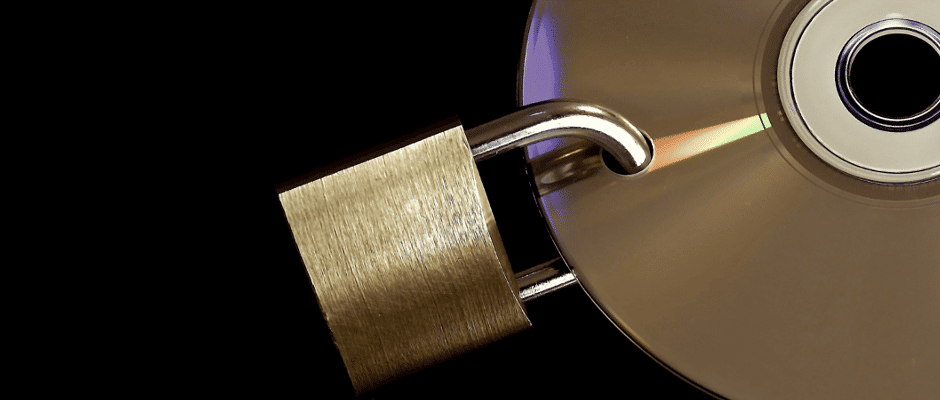Device Encryption: A Must for Attorneys to Keep Client Data Secure


What would happen if someone stole your work laptop or your mobile device? Do you think that because they have password protection from getting on the device that your data would be safe? You would be wrong. Have you heard of the phrase “device encryption”?
Lawyers with their clients’ data on their devices are ethically mandated to have device encryption. If you are reading this post five years hence, you are probably scratching your head and saying, “Well, of course!” In today’s thinking, most people don’t understand what device encryption is. Under the ABA model rules, adopted in about 20 states, lawyers have three fundamental ethical duties with regard to technology. You can read about them here.)
The good news is that device encryption is not complicated and many of you can install it today.
If your phone or laptop were stolen, it’s not so difficult for professional hackers to access your hard drive. Everything you have stored on your device would be accessible unless it was encrypted. Encrypted data means that it is unreadable, slightly scrambled. Think about it: contact information, documents, emails — what would happen if that information got into the wrong hands? And now that you’re reading this post, you know about the issue and the easy fix. Your excuse not to act now has evaporated.
Please Note: Before you do any encryption, make sure you have a backup of the data on your computer. If something goes wrong during the install, you will have peace of mind that your data is secure and available.
If you own a Mac, there is a software included in your operating system called FileVault. It’s straightforward to enable it on your device. Someone has already outlined the setup here so I will not reinvent the wheel. As we already know, your iPhone is super secure, as demonstrated by the US Government asking Apple to create a backdoor access for the iPhone of one of the San Bernadino shooters. Apple refused and so, you’re all set there.
For PC users, there is a software called BitLocker, created by Microsoft and available to anyone using Windows Vista and more current operating systems. As a quick side note, if you are not using an operating system more current that Vista you are doing yourself and your clients a disservice. The longer you wait to update your technology, the harder it will be to make it happen. Do it yesterday and get rid that low grade stress. You can read about the hows and whys of BitLocker here.
If you have a few laptops to manage, you might consider Alertsec. Their customer service is terrific and they can help you comply with HIPAA, PCI and SOX requirements. If you work at a large firm, these solutions might not be available to you. Talk to your IT department.
I would recommend these solutions more than a file encrypter like WatchDox, which encrypts files rather than your entire hard drive. Realistically, you are not going to individually encrypt each file you create and so by having a blanket solution already built into your hard drive, you’ll be covered.
This is just one of the many easy lean, legal tips that we cover in our blog.
At LeanLaw, our mission is to help you have a lean law practice: efficient, secure and cost effective. We believe in Justice for All. If lawyers have more productive workflows, they’ll have more time, money and ability to serve others. We believe lawyers are heroes – that’s you!
Join the LeanLaw Movement!
Jonathon Fishman| LeanLaw – Chief Service Officer | [email protected] | 208.254.0324 | Twitter | LinkedIn